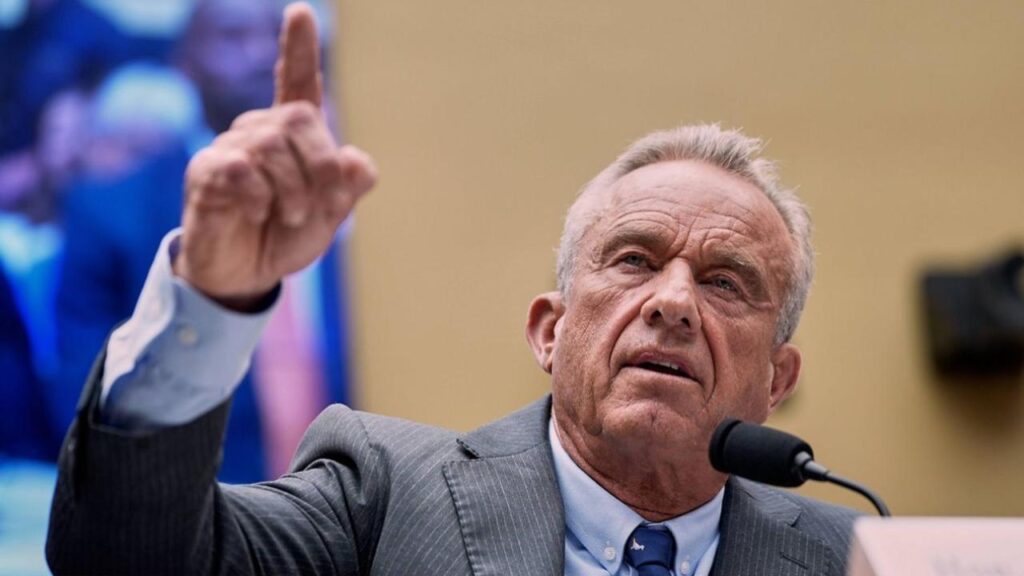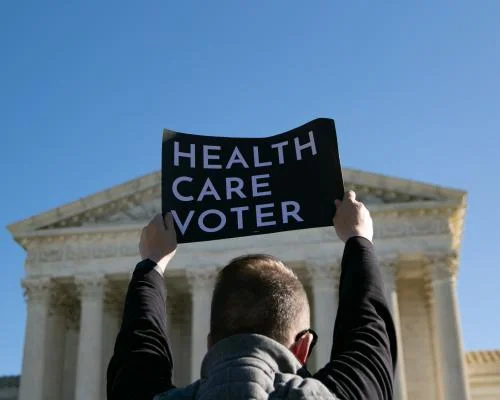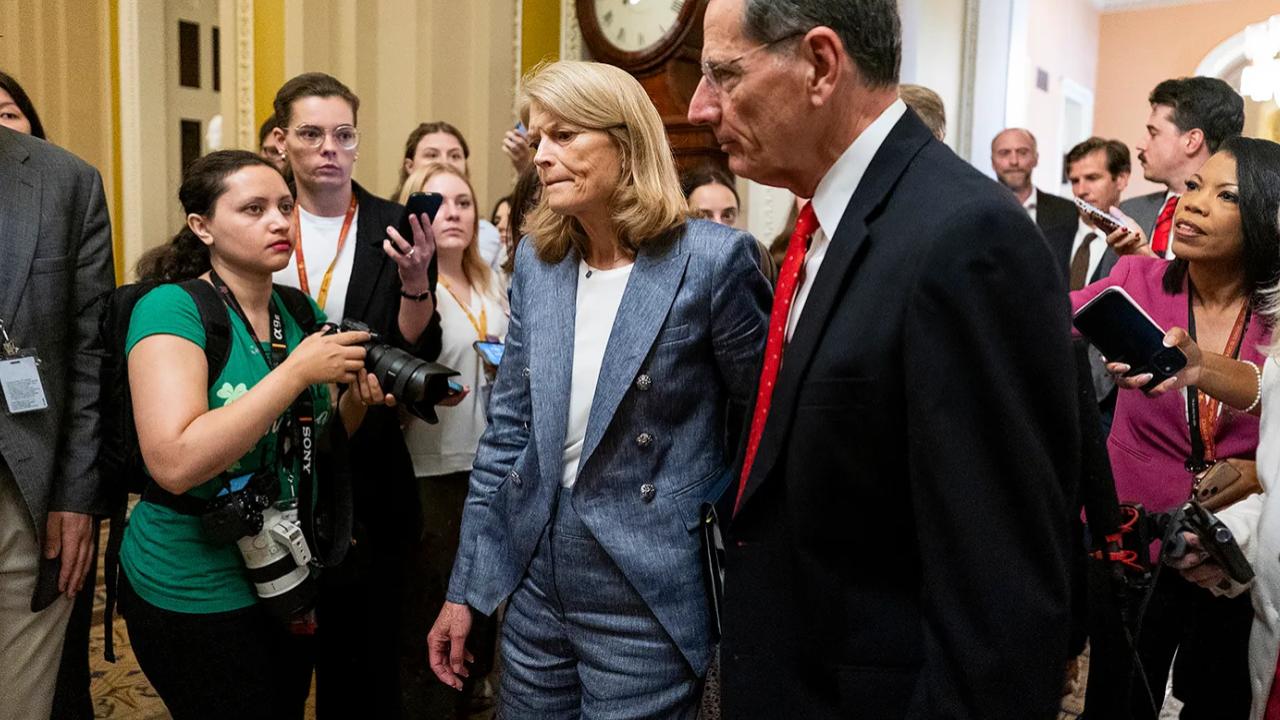Donald Trump’s latest attempt to roll back Obamacare has ignited a high-stakes legal brawl with big-city mayors and frontline medical groups. With new rules slashing the ACA’s signup period, imposing fees, and denying coverage to thousands of immigrants, critics say the move could gut health access for millions—just in time for election season.

Trump’s Latest Attack on Obamacare Sparks Explosive Lawsuit from Mayors, Doctors
| Takeaway | Stat |
|---|---|
| Potential coverage loss | Up to 2 million people may lose ACA plans |
| Immigrant impact | Over 100,000 undocumented “DREAMers” now excluded |
| Legal concern | Changes issued without full public comment |
What Changed in Obamacare?
On June 28, the Department of Health and Human Services (HHS), led by Secretary Robert F. Kennedy Jr., finalized a series of rule changes targeting the Affordable Care Act (ACA):
- Enrollment cut: The open sign-up period now runs just from November 1 to December 15, 2026, a full month shorter than before.
- New $5 fee: Anyone who auto-renews a subsidized ACA plan must now pay a small monthly fee.
- Income re-checks: Tighter income verification for enrollees, which could delay or block coverage.
- No grace for unpaid premiums: Insurers may drop patients with outstanding bills.
- Immigration crackdown: DREAMers—immigrants brought to the U.S. as children—can no longer enroll in ACA marketplaces.
HHS argues the reforms promote “program integrity,” cut waste, and ensure subsidies go only to eligible recipients.
Who’s Fighting Back?
The backlash was fast and fierce. The cities of Baltimore, Chicago, and Columbus teamed up with Doctors for America and the Main Street Alliance to sue the Trump administration in federal court. “This is a coordinated effort to reduce access to care,” said Dr. Megan Ranney, president of Doctors for America. “We will not sit by while our patients lose coverage.”
The plaintiffs say the changes violate the Administrative Procedure Act—a federal law that requires agencies to collect public input before making big policy shifts. They also argue the new rules disproportionately affect working families, immigrants, and underserved communities.
What the Lawsuit Says
The suit hinges on three big claims:
- Lack of due process: HHS didn’t provide adequate time or opportunity for public comment.
- Disparate impact: The rules hit low-income and minority populations the hardest.
- Municipal harm: Cities will shoulder higher emergency care costs when uninsured residents show up needing help.

Baltimore Mayor Brandon Scott called the cuts “a direct assault on city health systems.” In cities like his, where local governments already stretch thin public health dollars, even small upticks in uninsured residents can blow holes in budgets.
What HHS and Trump Say
Trump allies defend the move as “common sense reform.”
“Taxpayers should not be forced to subsidize people who don’t pay their premiums or who aren’t even legally eligible,” said a senior HHS spokesperson. “These changes close loopholes and bring fiscal discipline.”
Critics, however, see a deeper political motive: to undermine one of Biden’s signature achievements, which expanded ACA enrollment to a record 24 million people by 2024. I covered the ACA rollout a decade ago, and this feels eerily similar to early attempts to kneecap the program through red tape rather than direct repeal. A lot’s changed since then—but the stakes haven’t.
The Human Cost of Policy
Real lives hang in the balance. Advocacy groups say the tighter deadlines and documentation requirements will trip up the very people ACA was built to help.
“When people are working multiple jobs, they don’t have time to hunt down tax forms or appeal insurance decisions,” said Alisha Martinez, a community health navigator in Chicago.
Martinez has already seen clients panicking over next year’s shortened signup window. “We’ll have six weeks to enroll everyone. That’s not enough.”
What Happens Next?
The lawsuit is expected to unfold in a federal district court, likely in Washington, D.C. or another high-profile jurisdiction. A favorable ruling for the plaintiffs could:
- Reinstate the full enrollment period
- Cancel the $5 fee and coverage restrictions
- Re-open the ACA to DREAMers
But the Trump administration can appeal, setting the stage for a potentially long legal fight—possibly all the way to the Supreme Court.
Why This Lawsuit Matters
With healthcare access already deeply unequal across the U.S., even small rule changes can have seismic effects. And with a presidential election looming, this case could become a rallying point for both parties. Whether you’re a doctor, a city official, or just someone trying to protect your family’s coverage, this isn’t just about red tape. It’s about who gets to access affordable care—and who gets left behind.






